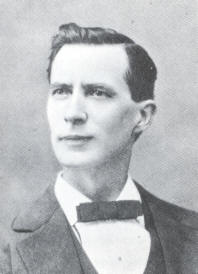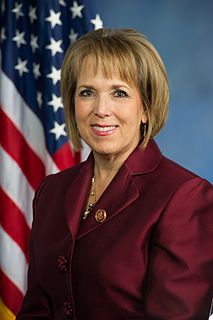A Quote by John Kenneth Galbraith
The great dialectic in our time is not, as anciently and by some still supposed, between capital and labor; it is between economic enterprise and the state.
Related Quotes
I'd love if people relearned the lessons of the 20th century all over again. Which is to say this country progressed economically and socially when we had a better balance between capital and labor. Neither capital or labor won every argument. The battle between the two created economic tension, and transformed the working class into the middle class, and grew the economy.
Thus, the capital owner is not a parasite or a rentier but a worker - a capital worker. A distinction between labor work and capital work suggests the lines along which we could develop economic institutions capable of dealing with increasingly capital-intensive production, as our present institutions cannot.
It is time that capital and labor realized that their interests are really comutual, as interdependent as the brain and the body; time they ceased their fratricidal strife and, uniting their mighty forces under the flag of Progress, completed the conquest of the world and doomed Poverty, Ignorance and Vice... Unless labor is employed, capital cannot increase - it cannot concentrate. Unless property rights are held inviolable and capital thereby encouraged to high enterprise, labor is left without a lever with which to lift itself to perfect life and must sink back to barbarism.
Where wages command labor, as in the non-slaveholding States, there necessarily takes place between labor and capital a conflict, which leads, in process of time, to disorder, anarchy, and revolution if not counteracted by some appropriate and strong constitutional provision. Such is not the case in the slaveholding States.
The basis of world peace is the teaching which runs through almost all the great religions of the world. "Love thy neighbor as thyself." Christ, some of the other great Jewish teachers, Buddha, all preached it. Their followers forgot it. What is the trouble between capital and labor, what is the trouble in many of our communities, but rather a universal forgetting that this teaching is one of our first obligations.
It's clear that there has to be some play between the vitality of invention in economic life and some regulation of it, and in some ways the great ideological wars of the 20th century that cost so many lives had to do with whether to have managed economies directed by government or economies directed by the free movement of capital, which is only partially subject to government regulation.



































